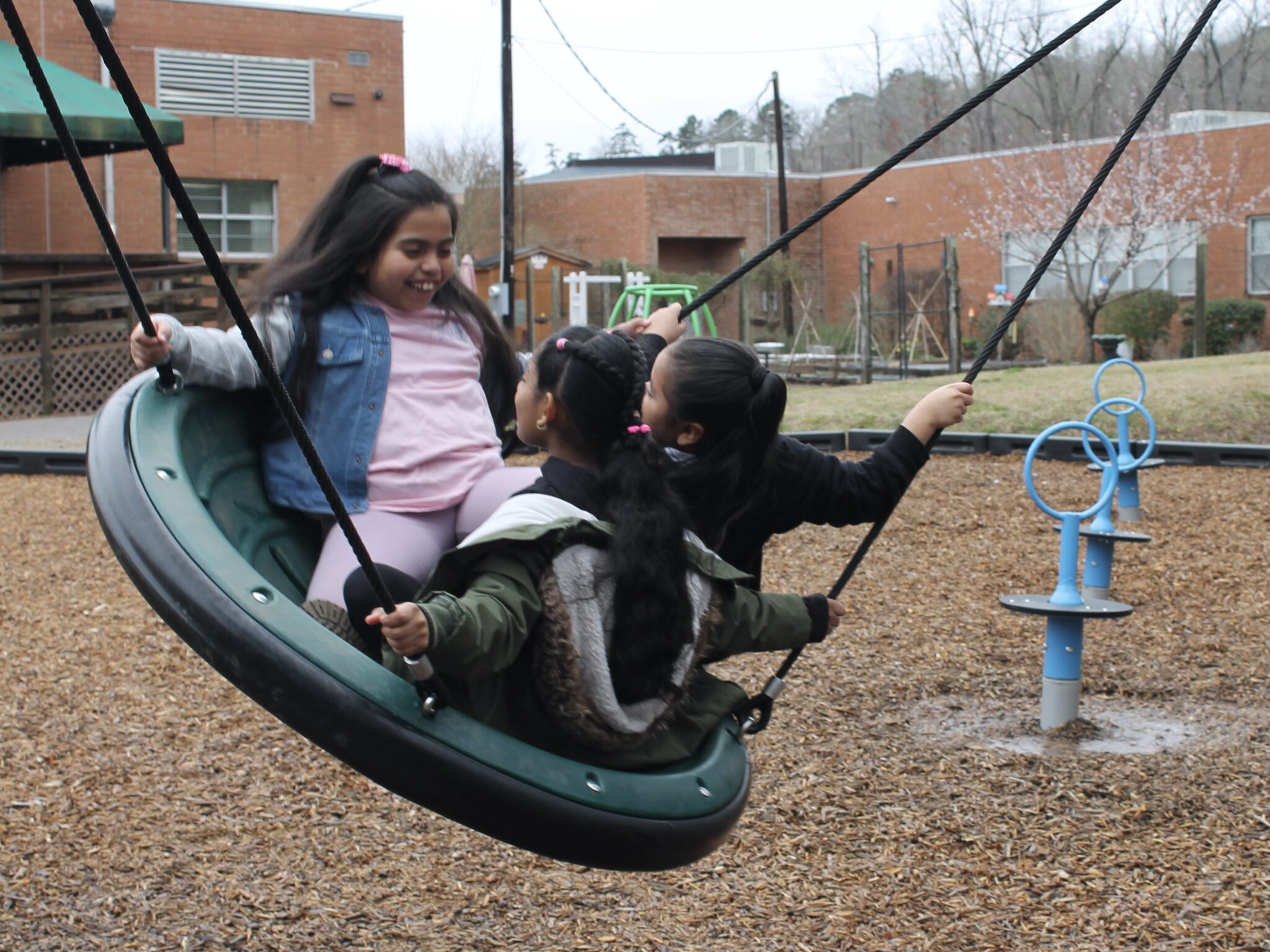'Once the bills are paid, I don’t really have a salary.'
Early Bird readers, hello again. Newcomers, welcome! If you were forwarded this email, you can sign up here to receive it every two weeks, and join our conversation on issues facing North Carolina’s young children and those who support them. If you’re already a subscriber, please help us reach more people by sharing this with your friends and co-workers interested in early childhood education.


Any time I’m able to spend time in a family child care home, I leave with a fuller understanding of what makes these settings so unique and valuable.
After reading Katie’s piece on the two providers keeping family child care alive in Washington County, I had the same feeling.
“It just feels like a home away from home.” Debbie Keyes, owner/operator of Blessing Children Family Child Care in Roper, told Katie.
Though these two providers have outlasted a 33% drop in the statewide supply of family child care homes, it has not been without sacrifice.
“I wish there was more, money-wise,” Keyes said. “Once the bills are paid, I don’t really have a salary.”
When the pandemic stabilization funds run out at the end of June, Keyes will return to operating without a salary. She is only able to do so because of financial support of her spouse.
National research shows Black and Latinx families, as well as families in rural areas, are particularly likely to choose family child care homes over centers. They often provide cultural relevance, flexible schedules, and more one-on-one attention than larger center or school environments.
Yet home-based programs often face financial struggles, overwhelming workloads, isolation, and unfunded requirements.
I was recently reminded by a colleague how unjust it is for society to rely on the resilience of providers to ensure access for children and families. This 2022 report from Louise Stoney, an expert on child care finances, lays out several ways policies and funding could create a tangibly better future for North Carolina’s home-based providers.
Since last time, we’ve also written about an updated Smart Start catalog that highlights effective early childhood solutions, the culturally affirming ISLA Los Sábados program, and a report from Frank Porter Graham Institute that provides an equity analysis of our state’s early childhood landscape.
More from EdNC on early childhood
At ISLA Los Sábados, Latine students belong
As 9:30 a.m. approaches on the first Saturday in March, the parking lot of St. Thomas More Catholic School in...Child care solutions need to target most vulnerable communities, report argues
Child care is expensive and hard to come by for everyone. Local and statewide business leaders, advocates, philanthropists, and policymakers...Perspective | Building effective reporting systems to prevent and reduce early exclusion
This Perspective was originally published as a blog post for the North Carolina Early Childhood Foundation on November 29, 2023....Perspective | Offering supportive responses for children’s challenging behaviors
This Perspective was originally published as a blog post for the North Carolina Early Childhood Foundation on October 26, 2023....Perspective | Greensboro aims to lead North Carolina — and maybe even the nation — in family-friendly workplaces
What makes a city a great place to live, work, and raise a family? That’s a core question that Action...The big picture for little kids
Legislative Updates
Leading up to the start of the short legislative session on April 24, several early childhood organizations, including the NC Early Education Coalition and NC Child, have released their shared agenda.
The top ask is a repeat from last year: a one-time $300 million allocation to extend compensation grants to child care programs. These grants will end at the end of June. This cliff, the agenda reads, “will be catastrophic, leading to more child care teachers leaving the field, additional child care program closures, and less availability of child care for working parents.”
The agenda lists two “additional recommended policies”:
- $95 million annually for a subsidy floor, which would provide more funding to child care programs in counties that receive less than the statewide average reimbursement rate for serving children through the subsidy program.
- $10 million annually for Smart Start.
News & Research
-
Free child care exists in America — if you cross paths with the right philanthropist - From The Hechinger Report
-
Every new mom in this U.S. city is now getting cash aid for a year - From NPR
-
Fentanyl deaths rising among NC children - From NC Health News
-
The Problem With ‘Affordable’ Child Care - From The Atlantic
-
Estimating the Cost of Supporting Quality: Including Family Child Care Homes in Publicly-Funded Pre-K Programs - From National Institute for Early Education Research
-
5 Top Takeaways from New America’s Better Life Lab Conversation with Child Care Advocates and Policy Leaders - From Early Learning Nation
Taking flight! Opportunities to spread your wings
-
Adult mental health training for child care administrators - From North Carolina Association for the Education of Young Children
The association is teaming up with the ITTI Care Project from Duke’s Sanford School of Public Policy, Alliance Health, and Vaya Health to offer Adult Mental Health Aid training for administrators directly supporting teachers in licensed child care settings.
The trainings earn participants 7.5 contact hour credits from DCDEE, are in-person and capped at 30 participants for each event, and are $10.
There are several dates in April and May in Asheville, Fayetteville, Charlotte, and Raleigh. Registration links and addresses are at the above link.
-
Better understand what dads need - From Pritzker Children's Initiative
Pritzker Children’s Initiative, a national early childhood funder, is hosting a webinar on Tuesday, March 26 at 2 pm EST on a new tool to understand fathers’ roles, needs, and experiences in the perinatal period.
Pregnancy Risk Assessment Monitoring System for Dads (PRAMS for Dads) is a first-of-its-kind public health survey to monitor and amplify fatherhood experiences. It was first piloted by the CDC and the Georgia Department of Public Health.
From the organizer, “Attendees will:
- Gain insights from the Georgia pilot delve into fathers’ health, behaviors and their impacts on maternal and infant outcomes, sparking interest nationwide with several states adopting PRAMS for Dads.
- Hear from the originators of PRAMS for Dad as well as the Michigan PRAMS team which is implementing PRAMS for Dads.
- Learn how others are using this tool to explore the implications of PRAMS for Dads in their communities, and how this initiative can be a powerful lever for positive change for fathers, mothers and babies in your own community.”
-
Save the date for the Smart Start conference - From Smart Start
The annual national Smart Start conference will be held in Greensboro on May 6-9 at the Koury Convention Center.
Check out the keynote speakers, sessions, registration rates, and hotel information at the link above.



